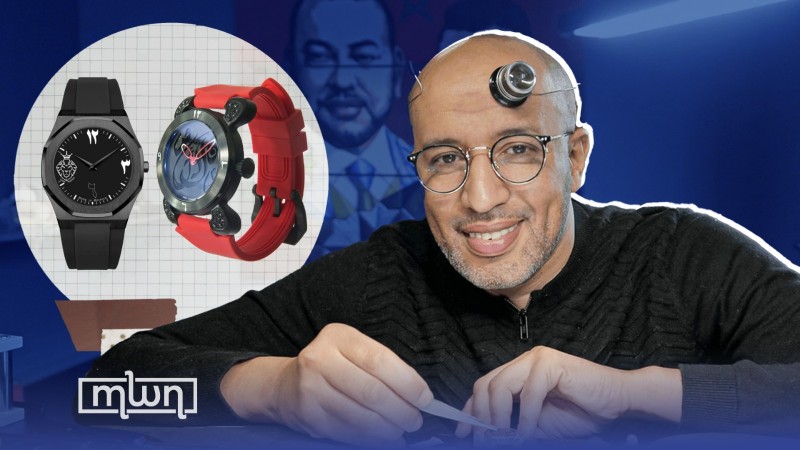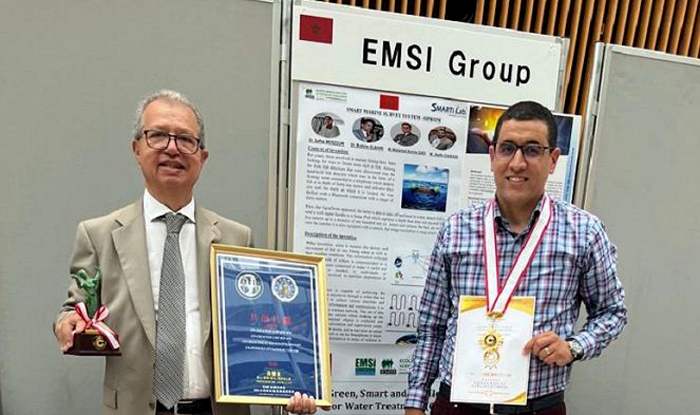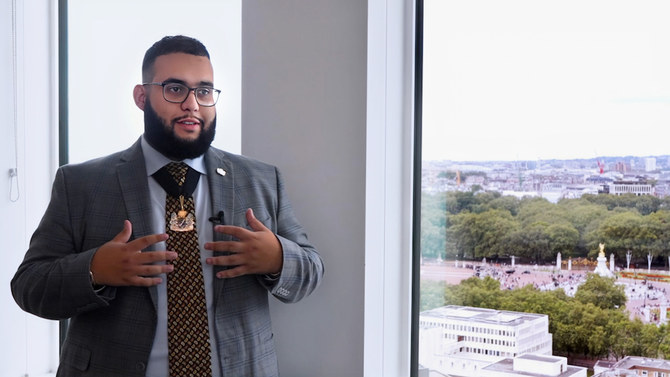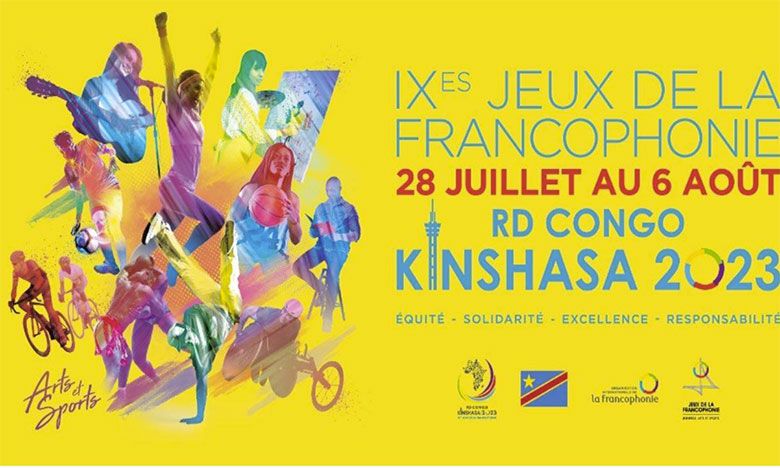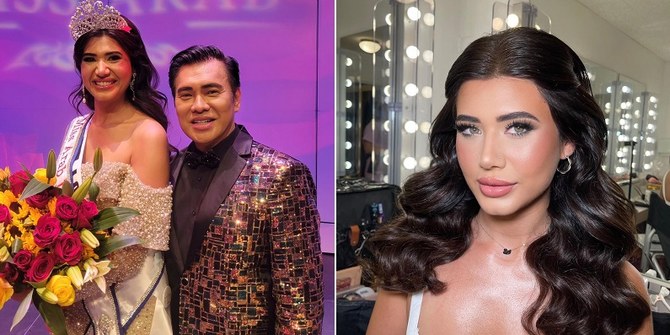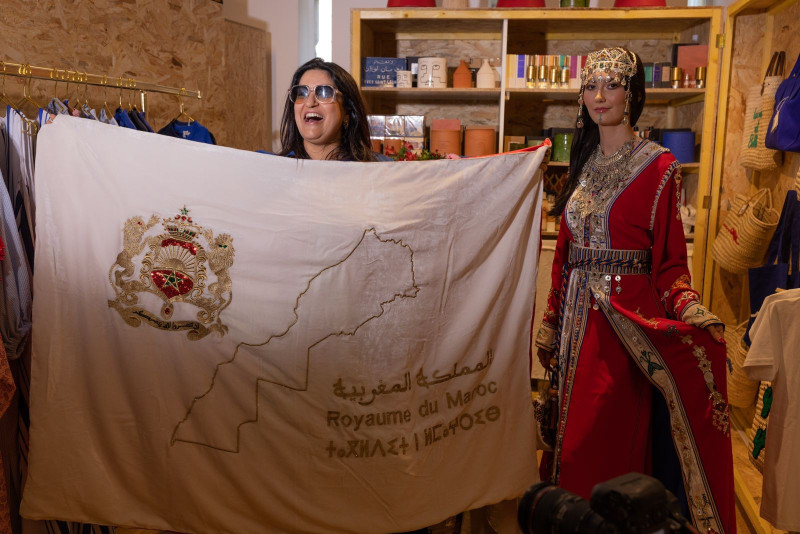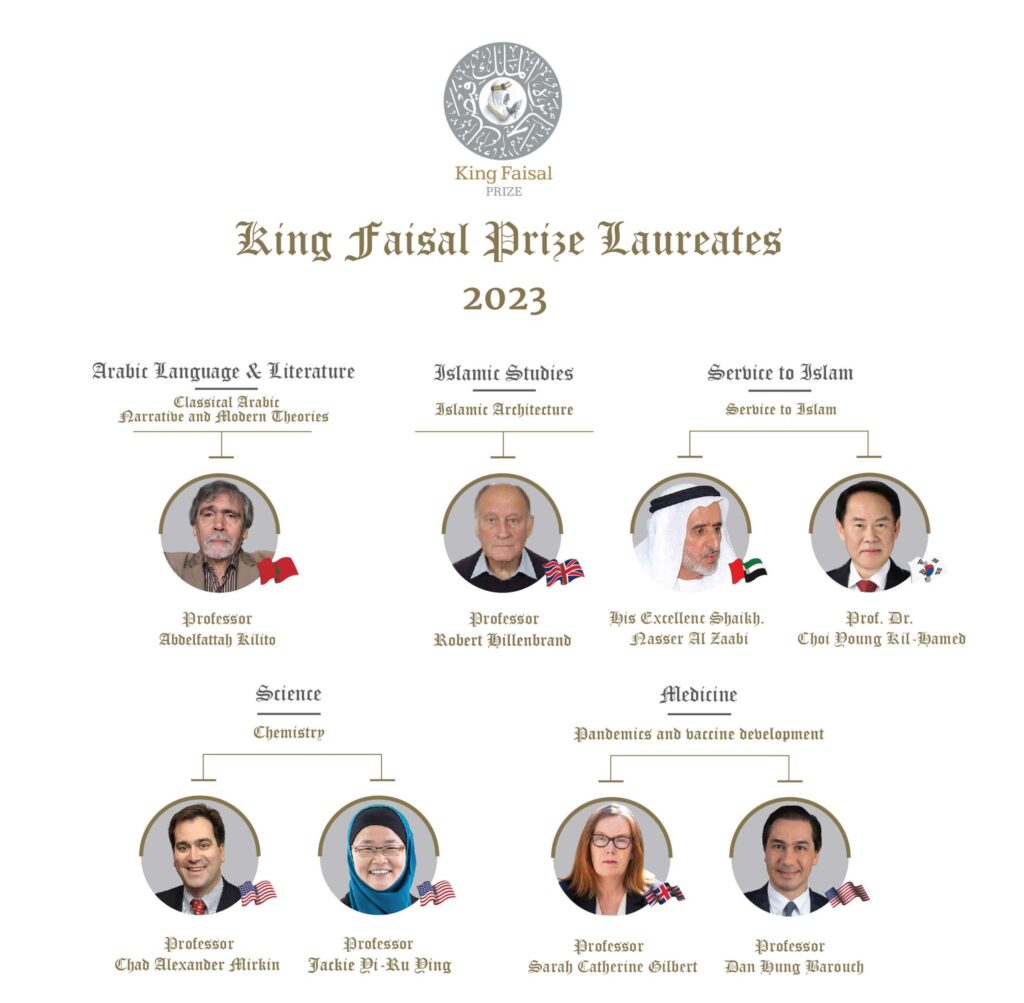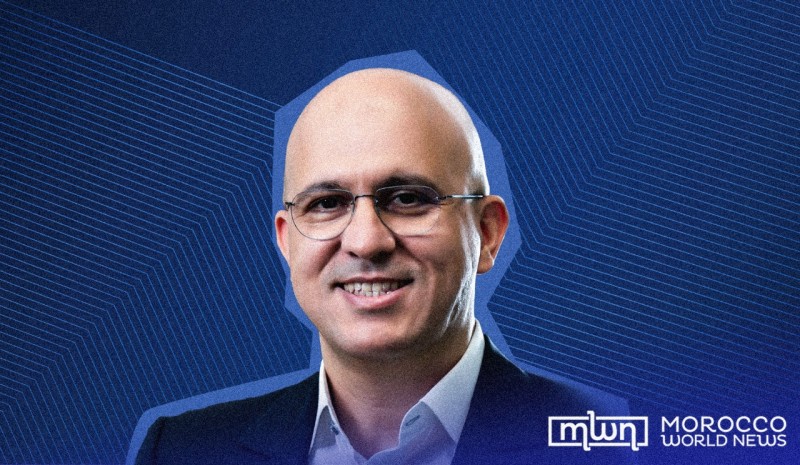Esa hopes that his new role will help him raise Morocco’s profile in the fintech and digital industry globally.
Founder and CEO of Moroccan fintech startup moneyIN Arif Esa has assumed the position of Deputy Chairman for the Banking/Finance/Blockchain & Trade Finance department at the International Trade Council (ITC).
This appointment not only recognizes Esa’s outstanding contributions but also positions him as the first Moroccan entrepreneur to hold such a role within the ITC.
Esa, who holds a stellar track record in finance and fintech, with a portfolio of global recognition and awards, spoke with Morocco World News about his motivation for taking this role, as well as his new responsibilities and objectives.
“Accepting this responsibility was not just an honor but an opportunity to provide pivotal advice and give back to the community. It also aligns seamlessly with our global vision to establish Morocco and Africa as prominent players in the fintech and digital industry,” he said.
As a globally recognized figure, Esa’s reputation in the finance and fintech industry drew the attention of the ITC panel, which spans 179 countries, 79 government trade and investment agencies, 418 chambers of commerce, and a vast network of businesses and employees.
After undergoing a “meticulous” evaluation process, Esa was humbled to be selected as the Deputy Chairman of this division, he said.
In his capacity as Deputy Chairman, Esa will play a key role in shaping the strategic direction of the ITC’s Banking/Finance/Blockchain & Trade Finance department.
This role includes overseeing various key focus areas, including financial Instruments, risk mitigation, regulatory compliance, promoting innovative solutions, and capacity building, among others.
A bridge to Morocco
Highlighting the significance of his new role, the Moroccan entrepreneur emphasized, “I am excited about the impact we can collectively achieve, and I look forward to contributing meaningfully to the growth and transformation of trade finance and continuing to promote Morocco and the economy in the years to come.”
One of the central aspects of Esa’s new position is its potential impact on the Moroccan fintech landscape and businesses. His appointment is expected to open doors for Moroccan start-ups and fintech ventures on an international platform, he said.
“With my reputation, influence, and track record in the finance and fintech industry, I am poised to attract heightened attention and interest from investors, venture capitalists, and family offices,” he underlined.
In addition, the Moroccan entrepreneur intends to use his position to advocate for supportive regulatory frameworks for fintech start-ups in Morocco, fostering an environment that encourages investment.
He also emphasized the importance of mentorship and personalized guidance, stressing that he is “committed to assisting start-ups in overcoming challenges, honing their strategies, and maximizing their potential for success.”
Esa’s engagement with international networks through the ITC is expected to provide Moroccan start-ups with expanded access to global markets, he noted, explaining that it will help them open doors to new markets and strengthen their credibility and standing on a global stage.
He further emphasized that his appointment “symbolizes a bridge between the Moroccan fintech ecosystem and the international financial landscape,” allowing him to “catalyze a transformational shift in how Moroccan start-ups are perceived, supported, and propelled towards greater success.”
Esa reflected on his journey with Morocco moneyIN, an instant payment solution, and how it prepared him for this new position.
“My journey with moneyIN Morocco has been a transformative experience that has uniquely prepared me for the prestigious role of Deputy Chairman within the Banking/Finance/Blockchain & Trade Finance department at the International Trade Council,” he explained.
He highlighted several key areas where his experience with moneyIN proved instrumental, including his ability to navigate the rapidly evolving fintech landscape and understand the potential of technologies like blockchain.
In particular, his background as an entrepreneur equipped him to empathize with the challenges start-ups face and advocate for measures that facilitate their growth.
His engagement with start-ups underscored the importance of mentorship and education, which Esa plans to extend globally.
Esa concluded by offering valuable advice to aspiring Moroccan entrepreneurs, encouraging them to “dream boldly, embrace disruption, and lead with integrity.”
He emphasized the importance of resilience, continuous learning, and global thinking, saying, “Aspire not only to make a mark but to leave an indelible legacy of positive change that reverberates across borders and generations.”
source/content: moroccoworldnews.com (headline edited)
____________
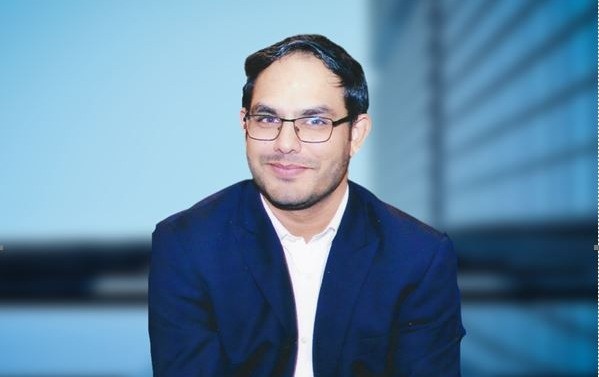
____________
MOROCCO
